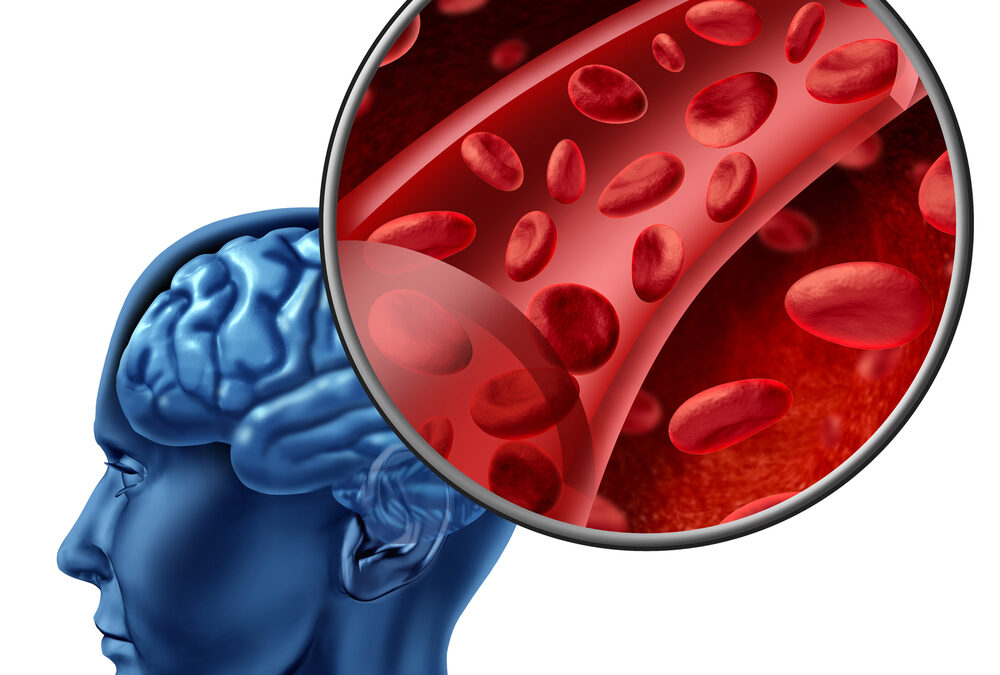Is Poor Nitric Oxide Production Contributing to Your MS Symptoms?
Multiple sclerosis (MS) is a debilitating condition that affects millions of people worldwide. Symptoms can vary widely and include things like fatigue, numbness, tingling, weakness, and difficulty walking. Although there is currently no cure for MS, there are ways to manage symptoms and slow disease progression. One area that is increasingly being recognized as important for people with MS is nitric oxide (NO2) production.
What is nitric oxide (NO2), and why is it important?
Nitric oxide is a gas produced by cells in the body, including the cells that line blood vessels. Its main function is to help dilate blood vessels, allowing for increased blood flow and oxygen delivery to tissues. This is particularly important in the brain, which has a high demand for oxygen and nutrients. In addition to its role in blood vessel function, NO2 is also involved in other processes in the body, such as immune system function and neurotransmitter release.
How does nitric oxide relate to MS?
In people with MS, there is evidence that NO2 production is impaired. This is thought to contribute to a number of symptoms of MS, including fatigue, cognitive impairment, and difficulty with walking. Additionally, reduced NO2 production is associated with increased inflammation and oxidative stress, which are thought to contribute to disease progression.
What can be done to support nitric oxide production in MS?
There are a number of things that can be done to support NO2 production in people with MS. These include:
Exercise
Regular exercise has been shown to increase NO2 production in the body. This is thought to be due to increased blood flow and shear stress on blood vessels. Exercise can also improve other symptoms of MS, such as fatigue and depression.
Diet
Certain foods can help support NO2 production. These include foods high in nitrates, such as beets, spinach, and arugula. These foods are converted to NO2 in the body. Other foods that may help support NO2 production include dark chocolate and pomegranate juice.
Supplements
There are a number of supplements that have been shown to support NO2 production. These include arginine, citrulline, and beetroot extract. These supplements work by increasing the availability of the precursors needed to produce NO2 in the body.
Medications
Some medications used to treat MS may also have a positive effect on NO2 production. For example, interferon beta-1a has been shown to increase NO2 production in animal models of MS.
Why is it important to address low nitric oxide production in people with MS?
Addressing low NO2 production in people with MS is important for a number of reasons:
1. It can help improve symptoms such as fatigue, cognitive impairment, and difficulty with walking.
2. It may help slow disease progression by reducing inflammation and oxidative stress.
3. Addressing low NO2 production can have a positive impact on overall health and wellbeing, improving work performance, focus, and relationships.
In conclusion, nitric oxide production is an important area to consider in the management of MS. There are a number of things that can be done to support NO2 production, including exercise, diet, supplements, and medications. By addressing low NO2 production, it may be possible to improve symptoms and slow disease progression, ultimately leading to a better quality of life for people with MS.
If you have questions about how to support NO2 production in your own life, reach out to us. Together, we can develop a personalized plan to help manage your symptoms and optimize your health.




